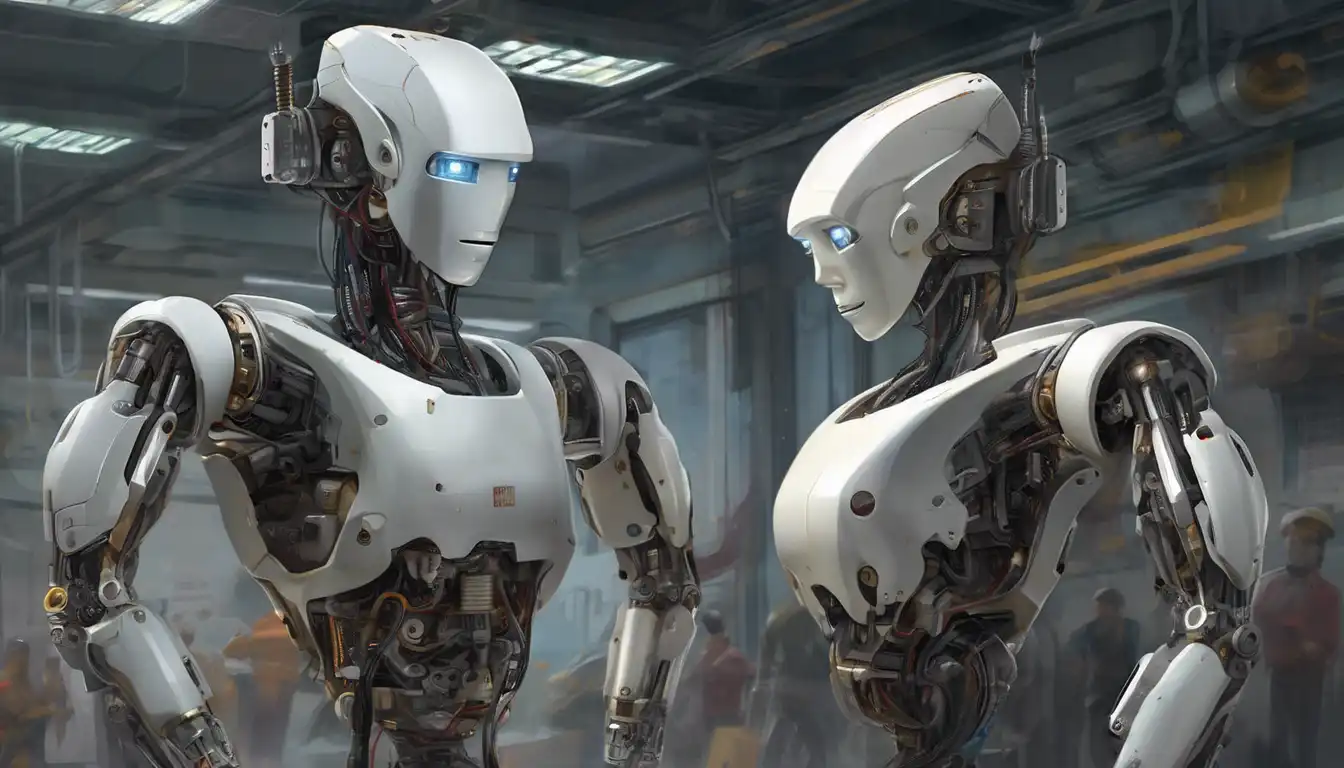The Moral Dilemmas of Autonomous Robots
In the rapidly evolving world of technology, autonomous robots represent a pinnacle of human achievement. However, as these machines become more integrated into our daily lives, the ethical implications of their autonomy cannot be overlooked. This article delves into the complex moral landscape surrounding self-operating machines, exploring the balance between innovation and ethical responsibility.
Understanding Autonomous Robots
Autonomous robots are machines capable of performing tasks without human intervention, guided by artificial intelligence (AI) and machine learning algorithms. From self-driving cars to robotic surgeons, these technologies promise to revolutionize industries. Yet, their independence raises significant ethical questions.
Key Ethical Concerns
The deployment of autonomous robots brings forth several moral dilemmas:
- Accountability: In the event of a malfunction or accident, determining liability becomes challenging. Is it the manufacturer, the programmer, or the robot itself that is at fault?
- Privacy: With robots capable of collecting vast amounts of data, the risk to personal privacy escalates. How do we safeguard sensitive information?
- Employment: The automation of jobs could lead to significant unemployment. What measures can be taken to mitigate this impact?
- Decision-making: Robots making life-or-death decisions, such as in military applications, poses profound ethical questions. Can machines be trusted with such responsibilities?
Striking a Balance
Finding a middle ground between technological advancement and ethical considerations is crucial. This involves:
- Developing robust legal frameworks to address accountability and privacy concerns.
- Investing in education and retraining programs to prepare the workforce for a changing job landscape.
- Implementing ethical guidelines for AI development to ensure robots make decisions aligned with human values.
The Future of Autonomous Robots
As we stand on the brink of a new era, the ethical implications of autonomous robots demand our attention. By fostering open dialogue among technologists, ethicists, and policymakers, we can navigate the moral challenges ahead. The goal is not to hinder innovation but to ensure it progresses in a way that benefits all of humanity.
For further reading on the intersection of technology and ethics, explore our Technology and Society section.
